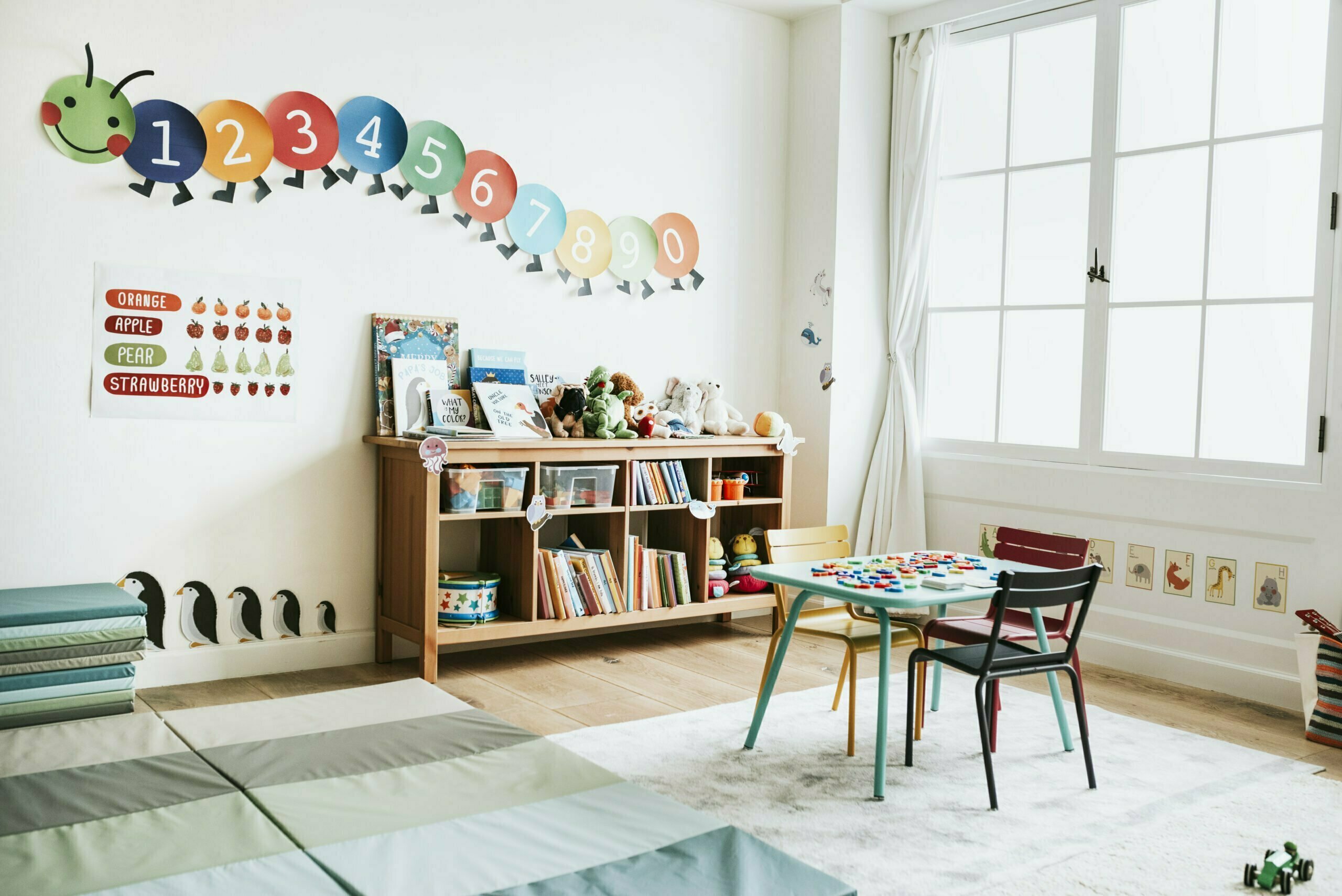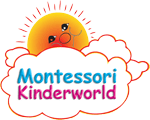
01 Feb Montessori Education: An Introduction
Montessori education is a unique educational approach that was developed by Dr. Maria Montessori, an Italian physician and educator, in the late 19th and early 20th centuries. It is based on the observation and scientific study of children and their natural tendencies for learning and development. The Montessori approach is centered on the belief that children are inherently curious, self-directed learners who are capable of discovering and exploring the world around them with the right guidance and support.
The Montessori classroom is designed to be a stimulating and engaging environment that provides children with hands-on experiences and materials that allow them to explore and learn at their own pace. The classroom is typically divided into different areas, such as a practical life area, a sensory area, and a math and language area, each designed to support the development of specific skills and abilities. The materials in each area are carefully designed to be self-correcting and allow children to progress at their own pace.
In a Montessori classroom, children are encouraged to work independently and choose their own activities based on their interests and abilities. This allows them to develop a sense of autonomy and independence, as well as a love of learning that will stay with them throughout their lives. At the same time, the teacher is there to provide guidance and support, helping children to develop the skills and understanding they need to be successful.
One of the key principles of Montessori education is that children are in a unique stage of development and should be treated with respect and dignity. This means that teachers are trained to observe each child and provide them with materials and activities that are appropriate for their stage of development, allowing them to make meaningful progress and learn at their own pace.
Another important aspect of Montessori education is the emphasis on social development. Children are encouraged to work and play together, developing important social skills like cooperation, communication, and empathy. This helps them to develop strong relationships with others and build a sense of community that will serve them well throughout their lives.
In conclusion, Montessori education provides children with a unique and supportive learning environment that encourages them to explore, discover, and grow. With its focus on hands-on experiences, self-directed learning, and social development, Montessori education helps children to develop the skills, confidence, and love of learning that will serve them well throughout their lives.

No Comments